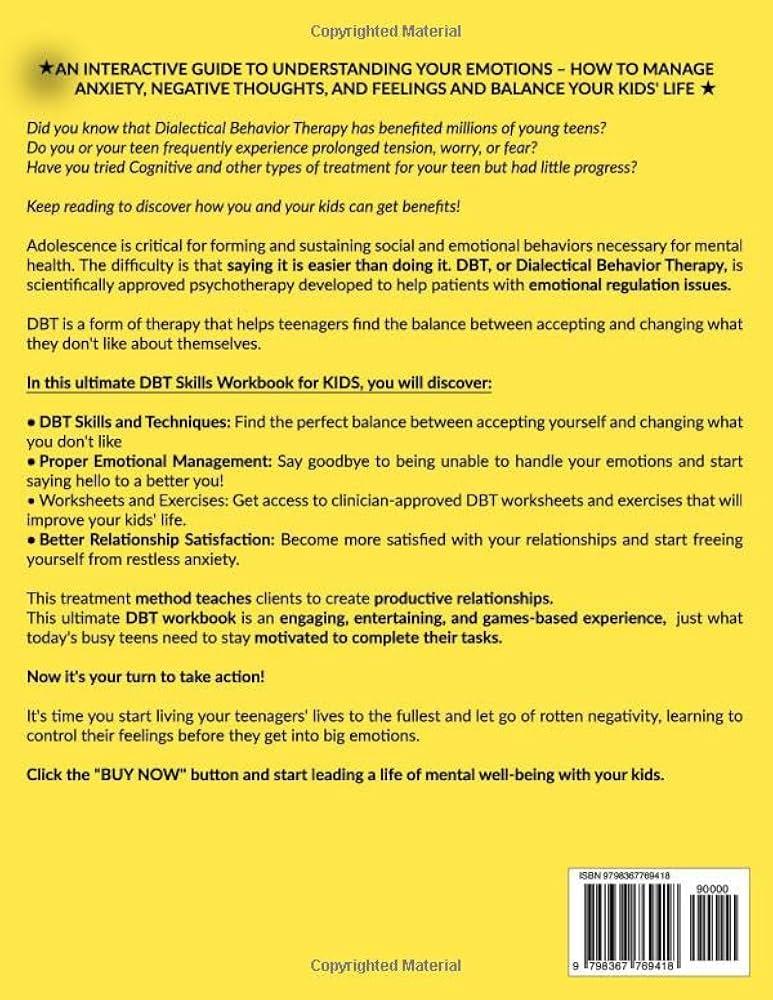Title: Togo’s Bishops Condemn Excessive Violence Amid Growing National Unrest
In a heartfelt appeal for peace and justice, the Catholic Bishops of Togo have strongly denounced the recent surge in violence across the country, describing it as excessive and a serious threat to the nation’s social and political fabric. Through an official communiqué shared via Agenzia Fides, church leaders voiced their profound concern over how this turmoil is affecting communities nationwide. They urged both government authorities and citizens to embrace dialogue rather than conflict as tensions continue to mount. This article examines the bishops’ warnings, explores underlying causes of unrest, and considers what these developments mean for Togo’s future stability.
Urgent Appeal from Togolese Bishops to Address Rising Violence
The escalating violence that has recently engulfed various parts of Togo has prompted an urgent call from the country’s bishops for immediate action aimed at restoring peace while safeguarding citizens’ fundamental rights. In their statement issued by the Conference of Bishops of Togo, they expressed deep alarm over what they termed “disproportionate” acts of aggression spreading through multiple regions. The church leaders stressed that fostering open communication and reconciliation between opposing factions is essential to halt further deterioration.
While firmly condemning any justification of violence under political disputes, they also highlighted the critical need to protect vulnerable groups caught amid clashes. Their recommendations focus on several priority areas:
- Strengthening Security: Implementing enhanced protective measures in hotspots to shield civilians.
- Encouraging Dialogue: Promoting initiatives that build bridges between divided communities.
- Supporting Humanitarian Aid: Ensuring relief reaches those most impacted by ongoing conflicts.
- Upholding Human Rights: Vigilant monitoring mechanisms to prevent abuses against all citizens.
| Main Concern | Recommended Response |
|---|---|
| Civilian-targeted violence | Tighten security protocols |
| Souring political relations | Create platforms for constructive dialogue |
| A worsening humanitarian situation | Expand aid distribution efforts |
| Breach of human rights standards | Enhance oversight systems |
Unpacking Key Drivers Behind Excessive Violence in Togo: Insights from Church Leaders
The bishops’ recent declaration sheds light on several root causes behind this troubling wave of disproportionate violence sweeping across Togo:
- Pervasive Poverty and Economic Fragility: Widespread financial hardship fuels frustration that often erupts into unrest.
- Tense Political Climate:The polarized political environment intensifies divisions among social groups.
- Lack of Access to Quality Education:The absence or inadequacy of educational opportunities perpetuates cycles where conflict becomes normalized instead of resolved peacefully.
- Sociocultural Inequities: strong >Unequal distribution of wealth and opportunities breeds resentment within marginalized populations. li >
< /ul >Addressing these challenges demands coordinated efforts involving government bodies alongside civil society organizations. The bishops advocate comprehensive strategies such as:
- < strong >Community Participation:< / strong > Engaging local influencers in peacebuilding activities encourages grassroots reconciliation.< / li >
- < strong >Educational Investment:< / strong > Prioritizing programs that empower youth with critical thinking skills fosters long-term stability.< / li >
- < strong >Economic Empowerment:< / strong > Developing employment initiatives reduces poverty-driven crime rates.< / li >
- < strong >Advancing Social Justice:< / strong > Guaranteeing equitable treatment helps alleviate feelings alienation among disadvantaged groups.< / li >
< / ul >Identified Cause< / th > Proposed Solution< / th > tr > Poverty< / td >> Create sustainable job programs< / td >>
< tr >>Tense politics<< td >>
Promote transparent dialogue<< td >>> Lack education<< td >>
Support inclusive schooling initiatives<< td >>> table >Inequality<< td >>
Ensure fair access opportunities<< td >>Strategies for Peacebuilding & Enhancing Community Resilience Amidst Crisis in Togo
Given the alarming rise in violent incidents throughout Togo, implementing effective peacebuilding measures is crucial not only for restoring trust but also reinforcing community resilience against future shocks. Recommended approaches include:
- < strong >Facilitating Open Dialogue: strong > Creating safe spaces where conflicting parties can voice concerns constructively helps reduce animosity. li >
- < Strong >Conflict Resolution Workshops:</ Strong > Training local leaders with mediation skills empowers them as agents promoting harmony. Li >
Li>
<LI STRONG="Collaborative Safety Programs">Establishing neighborhood watch partnerships with law enforcement deters criminal activity.</LI>
<LI STRONG="Equitable Resource Distribution">Allocating funds fairly reduces socioeconomic disparities fueling tension.</LI>
<LI STRONG="Youth Educational Campaigns">Raising awareness about nonviolence promotes community cohesion among younger generations.</LI>
</UL>
Approach
Anticipated Impact
;
Conclusion: Reflections on Forging a Path Toward Peace in Togo
The bishops’ solemn message serves as a powerful reminder about how vital it is for all stakeholders within Togo-government officials, opposition figures, civil society actors-to come together urgently around dialogue and reconciliation amidst mounting tensions. Their call transcends national boundaries by echoing similar struggles faced throughout Africa today.
It is imperative that international partners heed these warnings by supporting sustainable peace initiatives designed not only to quell immediate conflicts but also address systemic issues underpinning instability.
As Togolese society confronts these challenging times head-on, there remains cautious optimism that through mutual respect and cooperative engagement-a foundation built on understanding rather than division-the nation can progress toward lasting harmony and prosperity.

